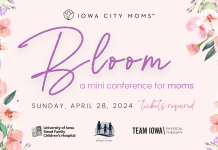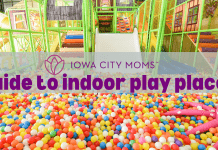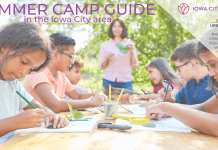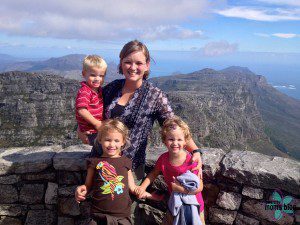
Last spring, I traveled for a week in Vietnam with my young family. Around four o’clock in the afternoon, the intense equatorial heat finally loosened its grip over Ho Chi Minh City. We threaded our way through the congested alleyways of the covered Ben Thanh Market, our children showing wear from the long day with their hairlines sweaty, eyes tired, and cheeks flushed.
As we left the market, my six-year-old turned to me and began to unfold a thought that had been working its way through her mind all day long. “Mom, when we were in the market, I saw what they were selling for food. It looked gross. I saw blood and it almost made me want to throw up. But I didn’t say that it looked gross, because here it’s normal. And the people might get their feelings hurt if I said their food was gross. To me it’s gross, but here, its just food. Maybe they even think that our food is gross.”
In that moment, I felt a surge of affirmation. Despite the challenges of traveling with young children, my daughter was piecing together a profound realization that people around the world do things differently, and that differences should be handled with respect.
I believe that raising children to be globally aware is one of the most important jobs that parents can do. Globally-minded children grow into adults who understand the impact of their daily choices on those living in other parts of the world, appreciate the significance of culture and resist sweeping categories for people groups, advocate for justice and equality, and question the status quo that makes life easy for some on the backs of others who suffer.
Raising children who are globally-minded is something that can begin very early in a child’s life, and while travel (especially international travel) is an exceptional way for children to experience other cultures, it is not necessary to travel in order to raise globally minded citizens.
Here are some ways…
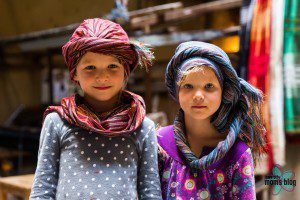
- Nurture curiosity. Foundational to global-mindedness is a mindset of curiosity that resists knee-jerk evaluations of other people, and instead approaches anything new with wonder. Nurturing the sense of curiosity in all areas of life will help grow that skill when applied to new people and situations. One of the greatest sentences starters is, “I wonder why?”
I wonder why the moon is so big tonight?
I wonder why he’s dressed in those clothes?
I wonder why airplanes can fly?
I wonder why we burp?
I wonder why people all look different?
2. Take someone else’s perspective. Alongside curiosity, perspective-taking is a critical trait in the art of global-mindedness. Help children imagine what it might be like to be bugs, to be grocers, to be mail carriers, to live underwater, to travel to space. When news stories are filtered down to older children, help them see multiple sides of the same story.
3. Fall in love with maps. Start with maps of familiar places like your home, backyard, and city block. Trace daily routes on a city map like the walk to school or the drive to the grocery store. Study a US map to show where loved ones live: grandparents in California, aunts and uncles in Texas, our home in Iowa. Spend time looking at atlases with details like flags, geographical features, and places of interest. As you travel, keep a family map with routes traced and dated.
4. Diversify your toys. Include non-western kitchen tools and foods in the play area, baby dolls with a variety of skin colors, puzzles and books that reflect a diverse global community. I love shopping for toys when I travel; on a trip once to Thailand, I was struck by the incredible variety of pretend food that reflected their local cuisine. One of the best internet resources for expanding your library is Child Peace Books (embed the link: http://childpeacebooks.org/cpb/Protect/search.php).
5. Travel! Start by exploring your geographical home and branch out. Discover rituals and festivals that are significant to your local community. Design a family budget that will pave the way for a bigger trip and put it on the calendar. Take the time to learn about the places you will visit – local customs, cuisine, tourist highlights, as well as simple language phrases.
 Emily Plank is a writer and consultant in the field of early childhood education. She lived in Iowa City for seven years before traveling around the world with her young family aboard a ship with Semester at Sea (link: http://abundantlifechildren.com/2013/05/28/an-update-from-emily/). She is currently living in Lausanne, Switzerland where her children are learning French faster than she is. For more on her journey and to follow her writing, find her at Abundant Life Children. (link: www.abundantlifechildren.com)
Emily Plank is a writer and consultant in the field of early childhood education. She lived in Iowa City for seven years before traveling around the world with her young family aboard a ship with Semester at Sea (link: http://abundantlifechildren.com/2013/05/28/an-update-from-emily/). She is currently living in Lausanne, Switzerland where her children are learning French faster than she is. For more on her journey and to follow her writing, find her at Abundant Life Children. (link: www.abundantlifechildren.com)



